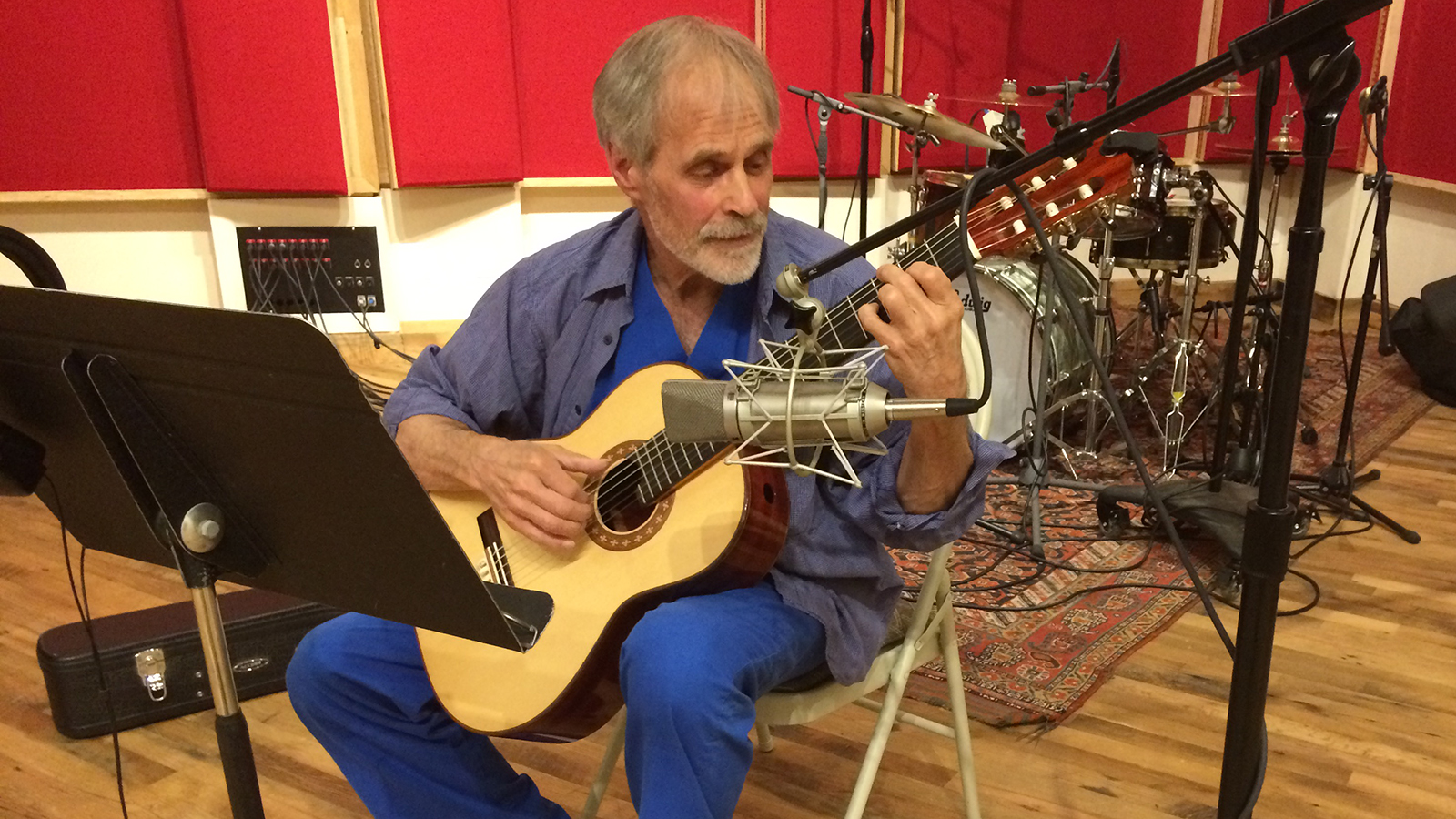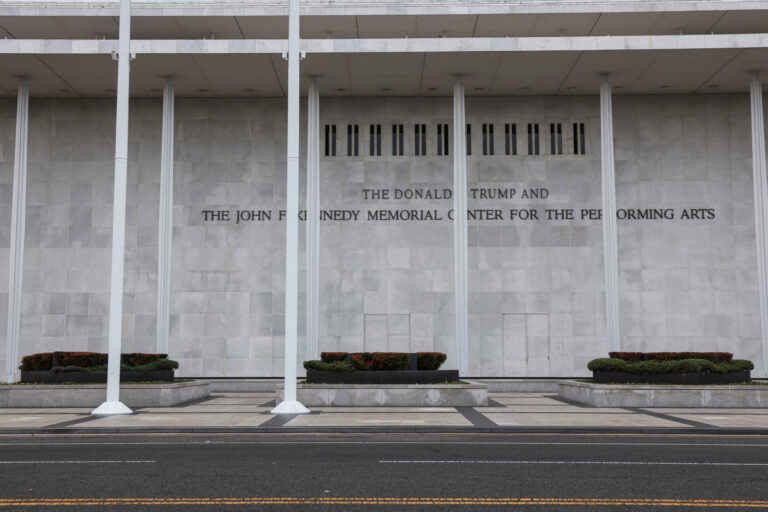This mixtape project offers a 'remedy' for the patient experience
PHILADELPHIA — "The Remedy Project," a mixtape series made by musicians and medical workers from across the Greater Philadelphia area, tells the story of health and healing through original and classic music.
The project grew out of the gratitude bassist Tony "TNT" Jones felt after receiving a heart transplant. Jones asked artist and educator Homer Jackson, director of the Philadelphia Jazz Project, to hold an event thanking the health care professionals who had saved his life.
"There's this empathy between the musicians and health care workers and this desire to create community together," said Jackson, who also serves as the host to all four downloadable mixtapes, each about 40 minutes long. The project's contributors hope the mixtapes can comfort others who may know well what it's like to spend time in a hospital.
"Blood Count [Blue Clouds]" by Barbara Montgomery. Recorded at Spice House Sound, Philadelphia in 2018.
"We know that if somebody is recovering from a surgery or illness how important it is to have music playing in the room with them," said Barbara Montgomery, an integrative health specialist. The Remedy Project is a form of music therapy, helping to boost spirits and jog memory.
It's also an exercise in empathy between patients and care providers, a theme that shines through in songs like "Endless Waiting," written by Beth Gilbert, a physician assistant in medical oncology at Penn Medicine.
"Where I work there's a waiting area…they wait for labs, they wait to see me before they get their chemo, they wait while they're getting chemo," Gilbert said.
Her song reflects the impatience and anxiety experienced by cancer patients that oftentimes goes unspoken in hospital settings.

For the people involved with "The Remedy Project," the music is a lifeline, essential to their personal well-being.
"It's probably as important as eating to me," said Russell Klenk, a laboratory coordinator and classical guitarist. "It centers me."
This report originally appeared on WHYY's "Movers & Makers."
Support Canvas
Sustain our coverage of culture, arts and literature.


















